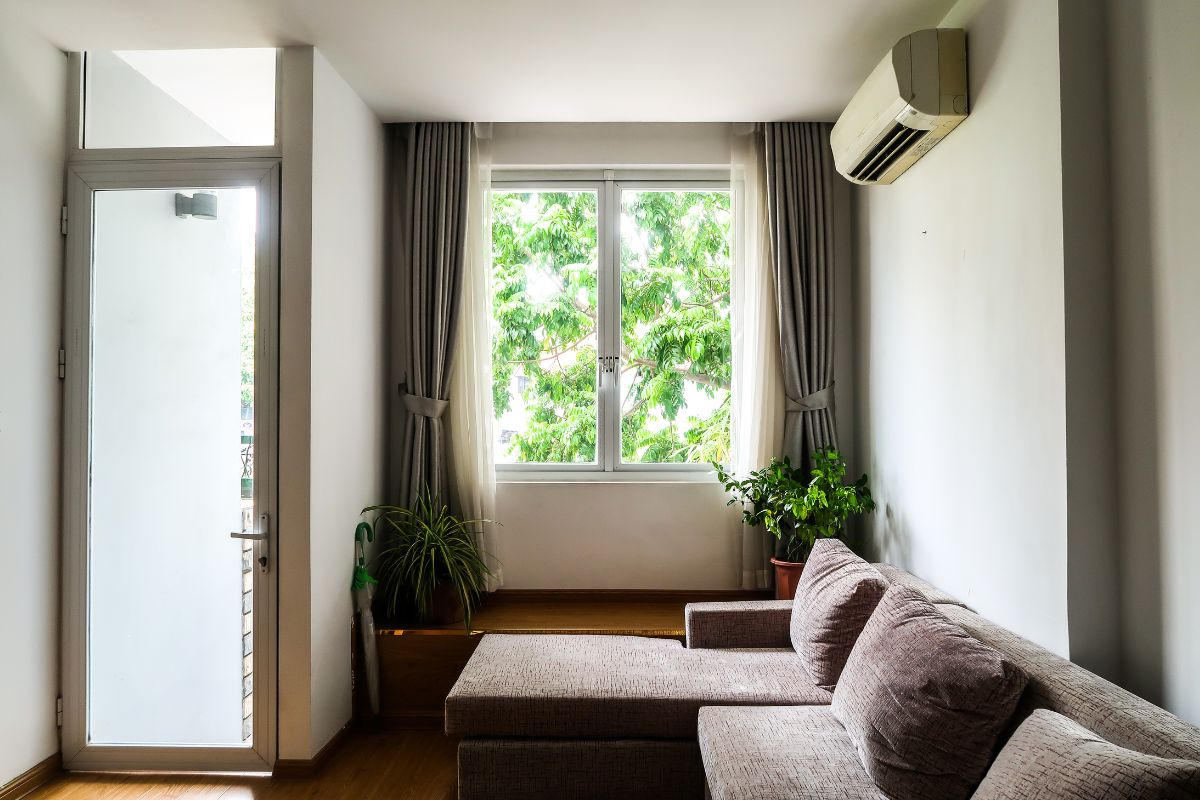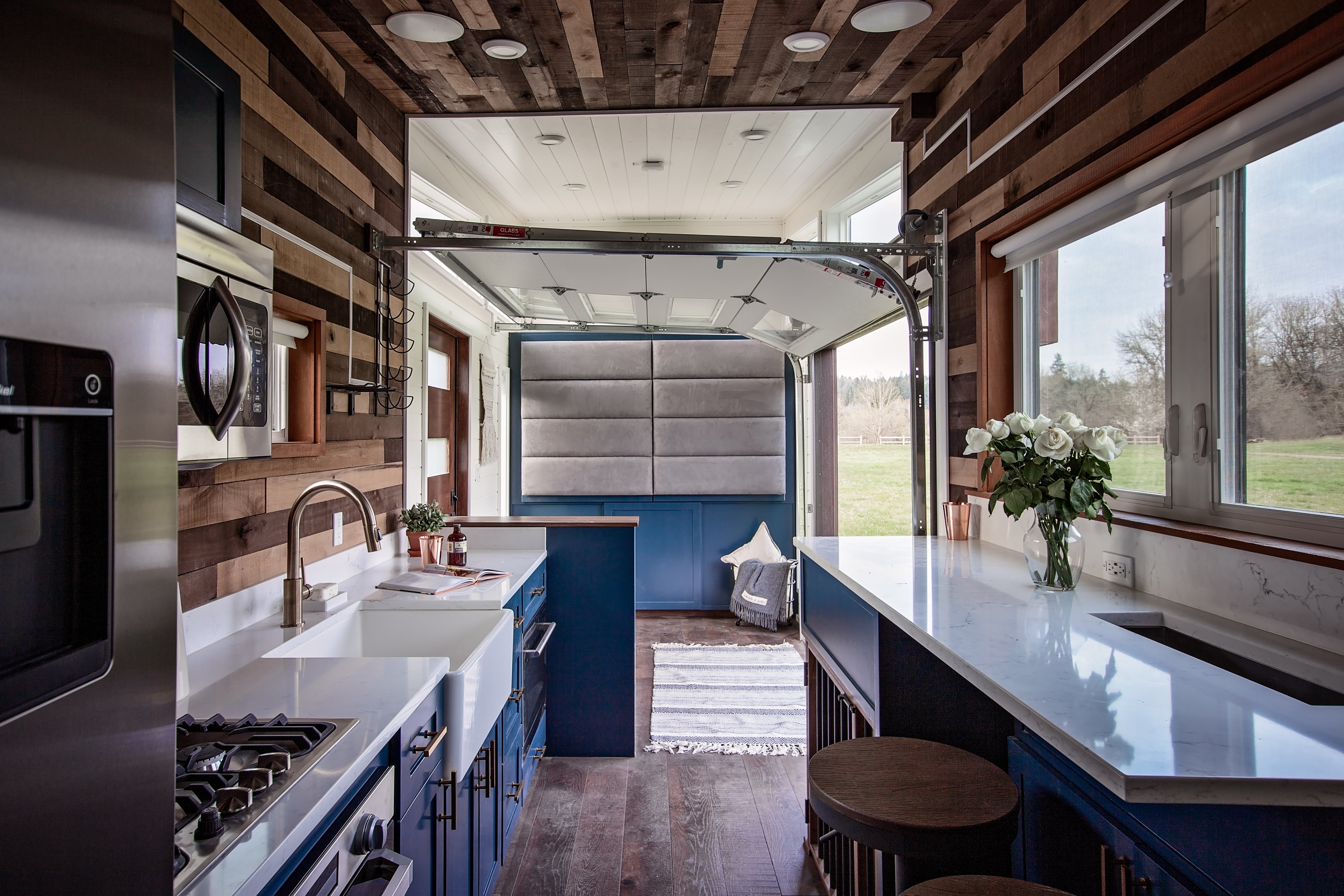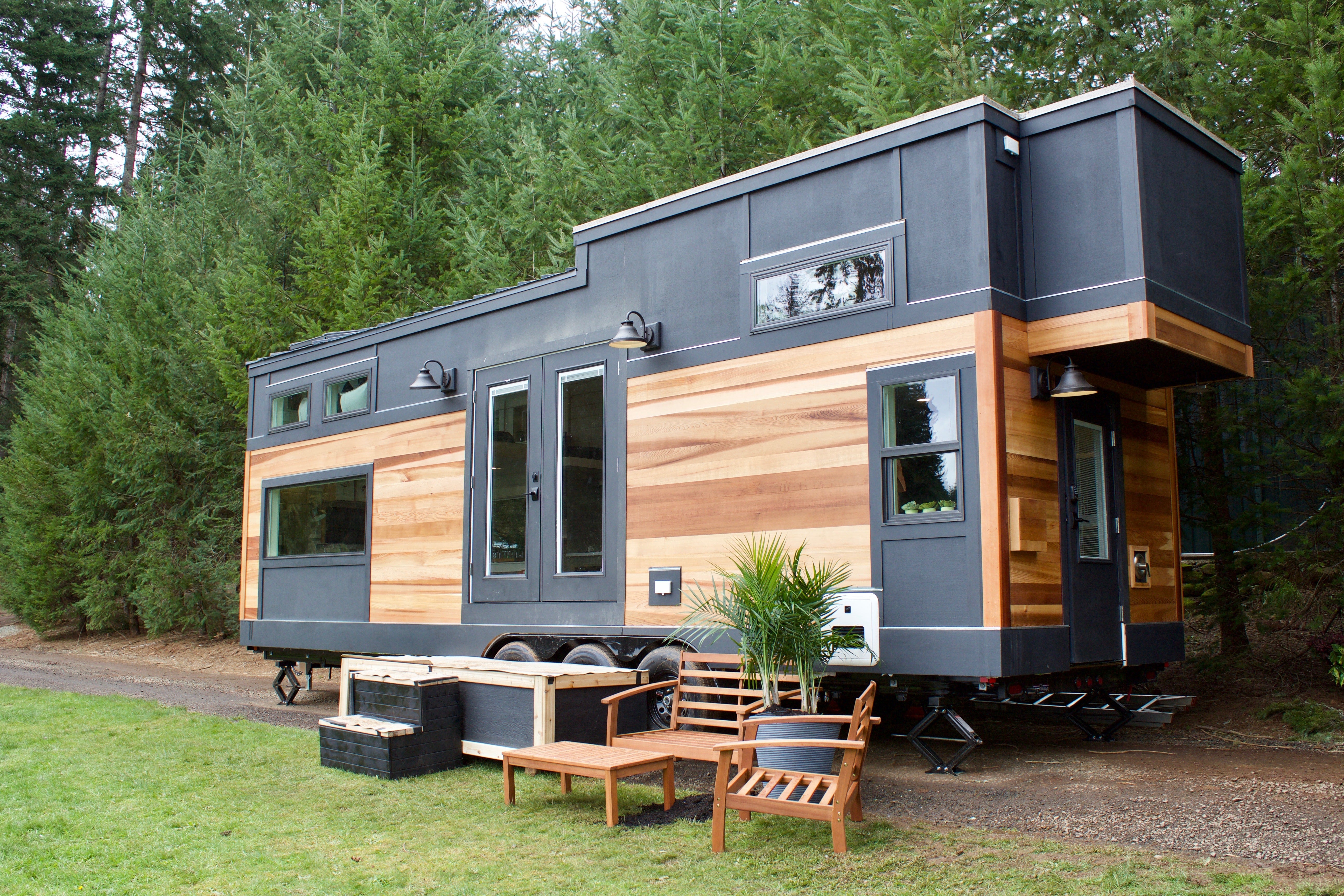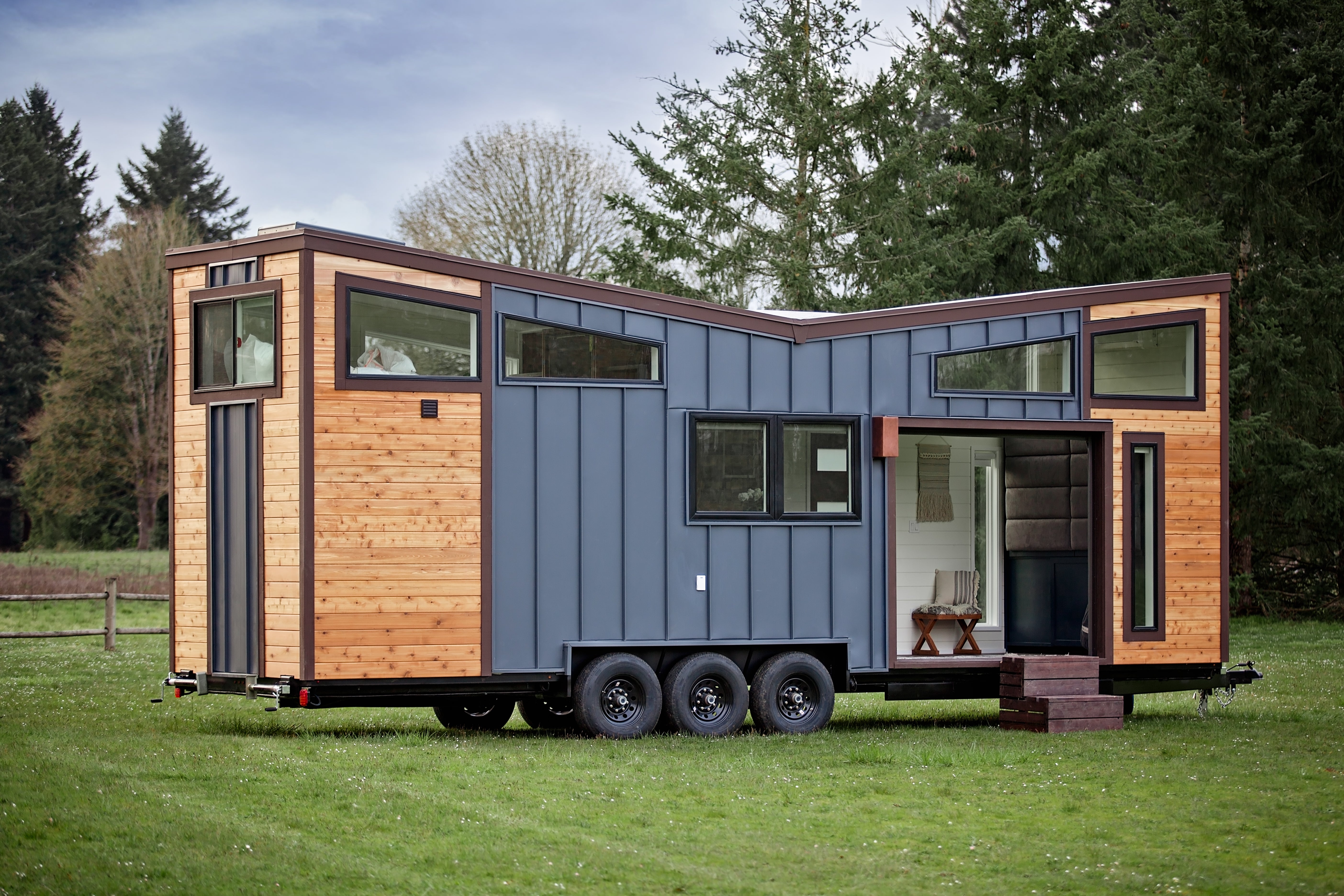Central Air Conditioners
Central air conditioners are designed to cool an entire home by distributing cooled air through a system of ducts and vents. These systems consist of an outdoor unit containing the compressor and condenser, and an indoor unit that houses the evaporator coil. The cooled air is pushed through the ducts by a blower fan, ensuring a consistent temperature throughout the home.
Central air conditioners are ideal for large homes or buildings with existing ductwork. They are also suitable for homeowners looking for a long-term cooling solution that provides consistent and efficient temperature control throughout the entire space.
Advantages
One of the main benefits of central air conditioning is its ability to cool large spaces efficiently. The system provides even cooling, maintaining a comfortable temperature in every room. Additionally, central air conditioners improve indoor air quality by filtering out dust, allergens, and other pollutants. These systems also operate quietly, as the noisy components are located outside the living space.
Disadvantages
Despite their benefits, central air conditioners come with some drawbacks. The installation and maintenance costs are significantly higher compared to other types of air conditioning systems. Furthermore, homes without existing ductwork may require extensive modifications, adding to the overall expense. Central air systems may also be less energy-efficient for smaller spaces, leading to higher energy bills.
Portable Air Conditioners
Portable air conditioners offer a flexible cooling solution for individual rooms. These units are freestanding and can be moved from one room to another as needed. Portable ACs typically have an exhaust hose that needs to be vented through a window or wall to expel the hot air generated during the cooling process.
Portable air conditioners are best suited for small apartments, individual rooms, or temporary cooling needs. They are ideal for renters who cannot make permanent modifications to their living spaces and for those who require a versatile cooling solution.
Advantages
The primary advantage of portable air conditioners is their mobility. They can be easily moved to different rooms, making them an excellent option for renters or for spaces that don't require permanent cooling solutions. Portable ACs are also relatively easy to install, with no need for extensive modifications to the home.
Disadvantages
Portable air conditioners tend to have less cooling power compared to central or window units, making them less effective for larger spaces. They can also be noisy, as all components are housed within the unit. Additionally, the need for venting can limit where the unit can be placed, and the exhaust hose may take up valuable floor space.
.jpeg)
Window Air Conditioners
Window air conditioners are compact units designed to fit into a window frame. They consist of all necessary components within a single unit and cool a room by drawing in warm air, cooling it, and then expelling it back into the room. The hot air is vented outside through the back of the unit.
Window air conditioners are ideal for single rooms or small apartments. They are a great option for homes without central air conditioning and for those seeking an affordable and efficient cooling solution.
Advantages
Window air conditioners are cost-effective and relatively easy to install. They offer good cooling power for small to medium-sized rooms and don't take up any floor space. These units are also removable, making them a convenient option for renters or those who may move frequently.
Disadvantages
One of the main disadvantages of window air conditioners is that they block the window, obstructing the view and natural light. They can also be noisy, as the compressor and fan are housed within the unit. Larger units may require additional support brackets for safe installation.
HVAC Repair and Maintenance
Regular maintenance of your HVAC system is crucial for prolonging its lifespan, ensuring efficient operation, and preventing major repairs. Well-maintained systems run more efficiently, saving energy and reducing utility bills. Regular check-ups also help identify potential issues before they become costly problems.
Common HVAC Repairs
Common HVAC repairs include fixing refrigerant leaks, replacing worn-out components such as compressors and fan motors, and cleaning or replacing filters and ducts. Refrigerant leaks can reduce cooling efficiency and increase energy consumption. Replacing worn components helps maintain the system's performance and prevents breakdowns during peak usage times. Cleaning filters and ducts ensures proper airflow and improves indoor air quality.
When to Call a Professional
It's essential to know when to call a professional for HVAC repairs. Signs of serious issues include strange noises, reduced airflow, and inconsistent temperatures. Annual maintenance checks by a professional can help catch potential problems early. Complex repairs, such as those involving refrigerant or electrical components, should always be handled by trained technicians. In emergencies, it's crucial to have a reliable contact for emergency HVAC repair to address urgent issues promptly.
Conclusion
In summary, choosing the right air conditioner depends on your specific needs and circumstances. Central air conditioners offer efficient and consistent cooling for larger spaces, while portable units provide flexibility for smaller areas and temporary needs. Window air conditioners strike a balance between cost and performance for single rooms or small apartments. Regular maintenance and timely repairs are essential for keeping your A/C system running efficiently and prolonging its lifespan






Share: